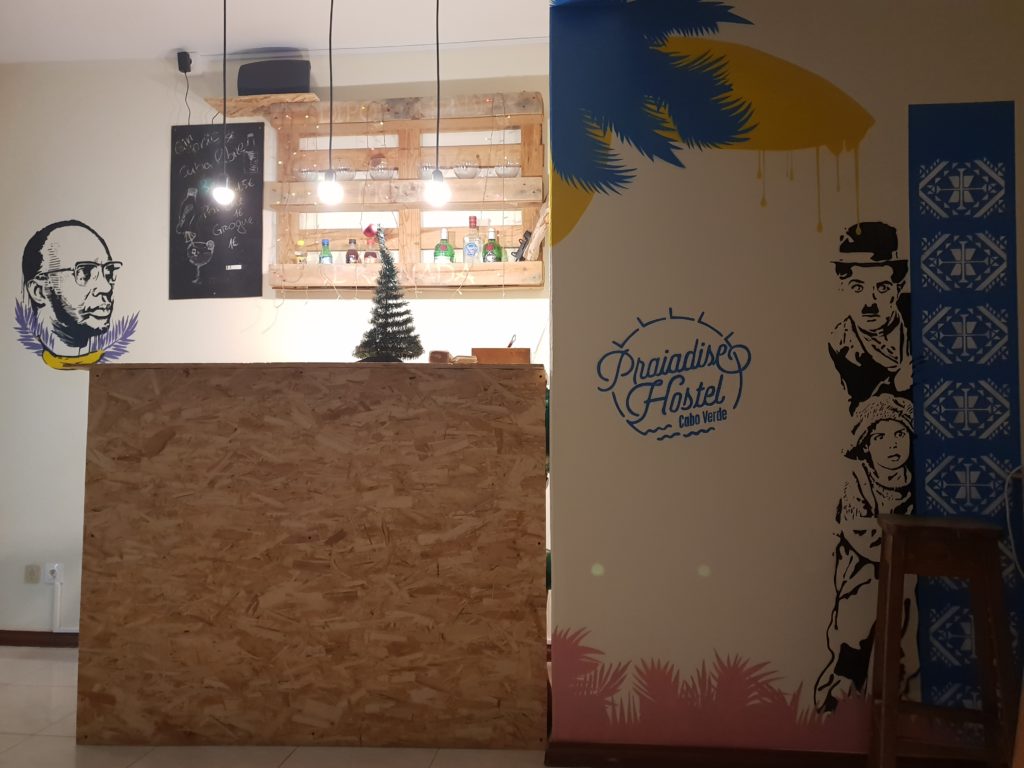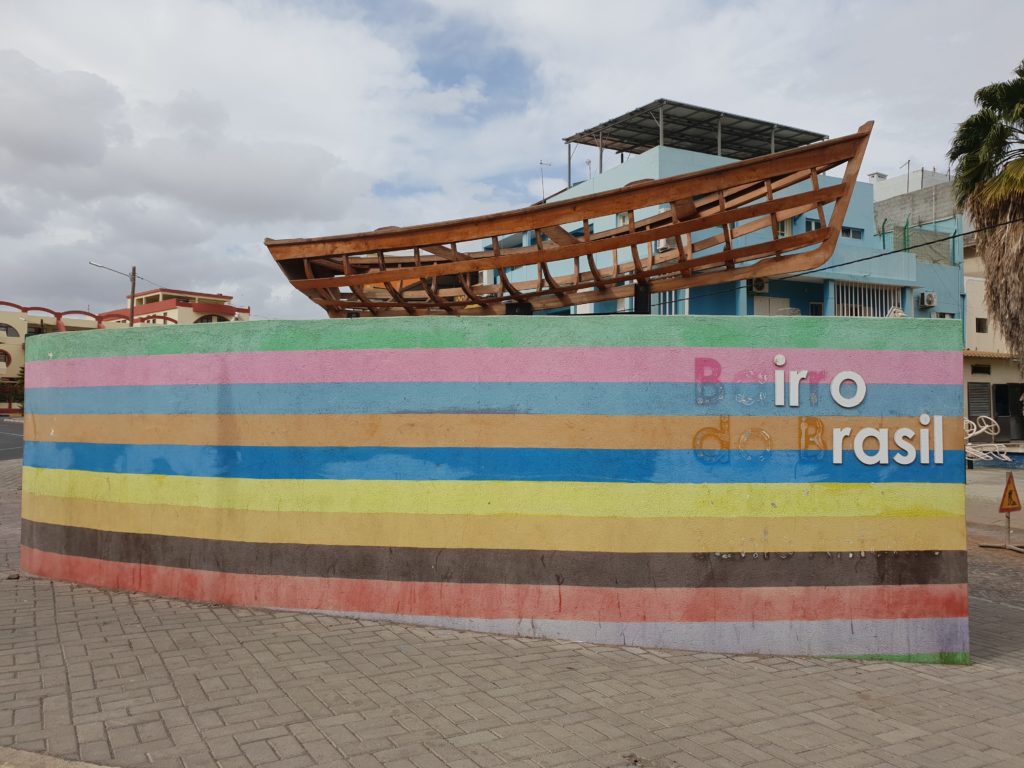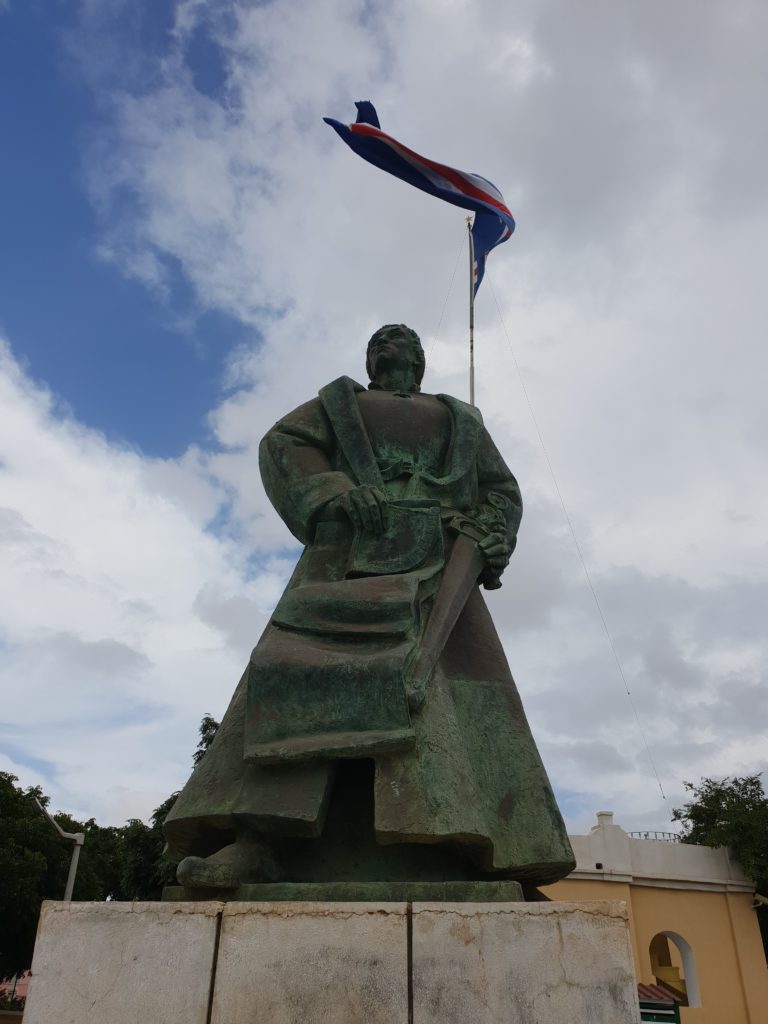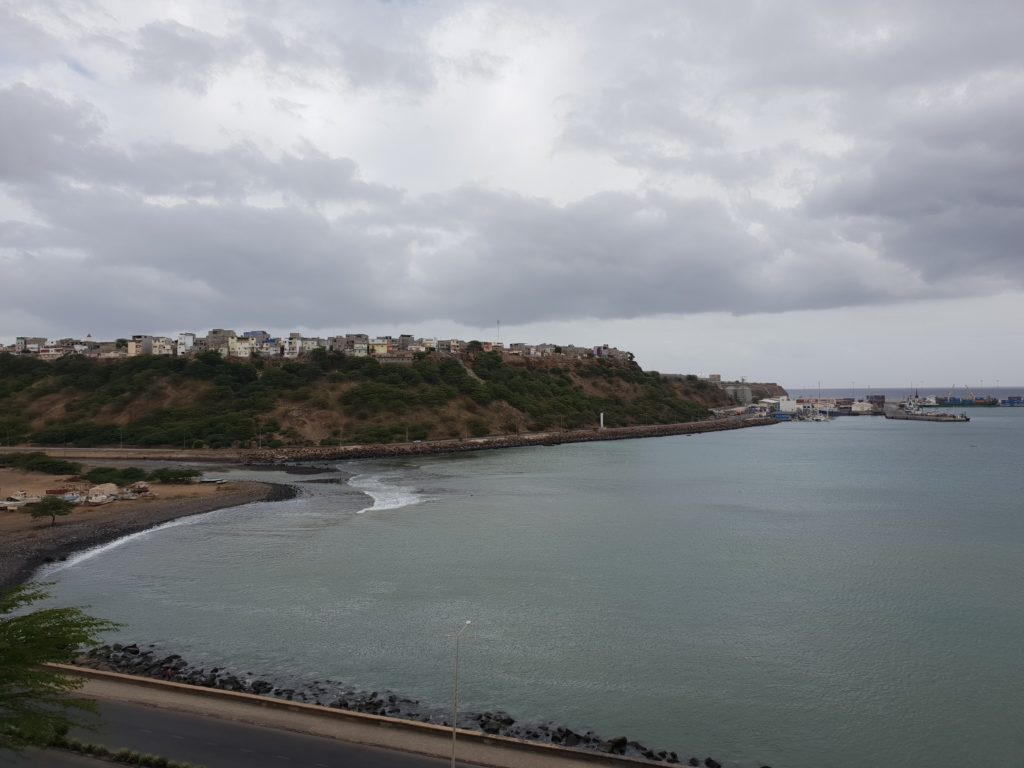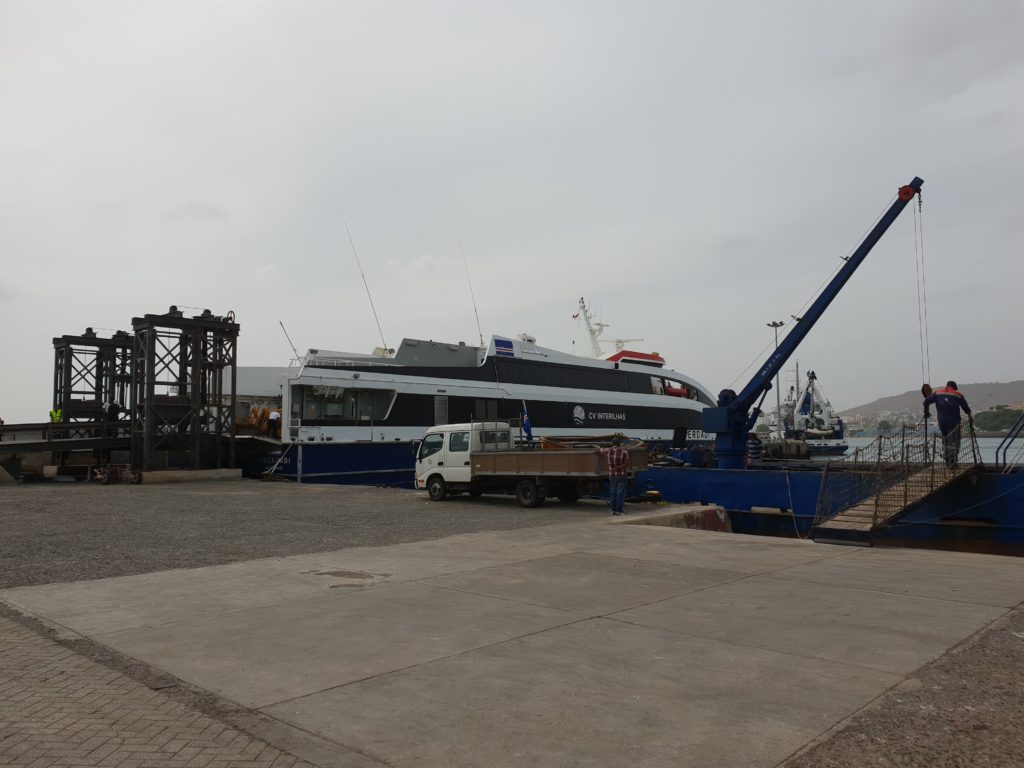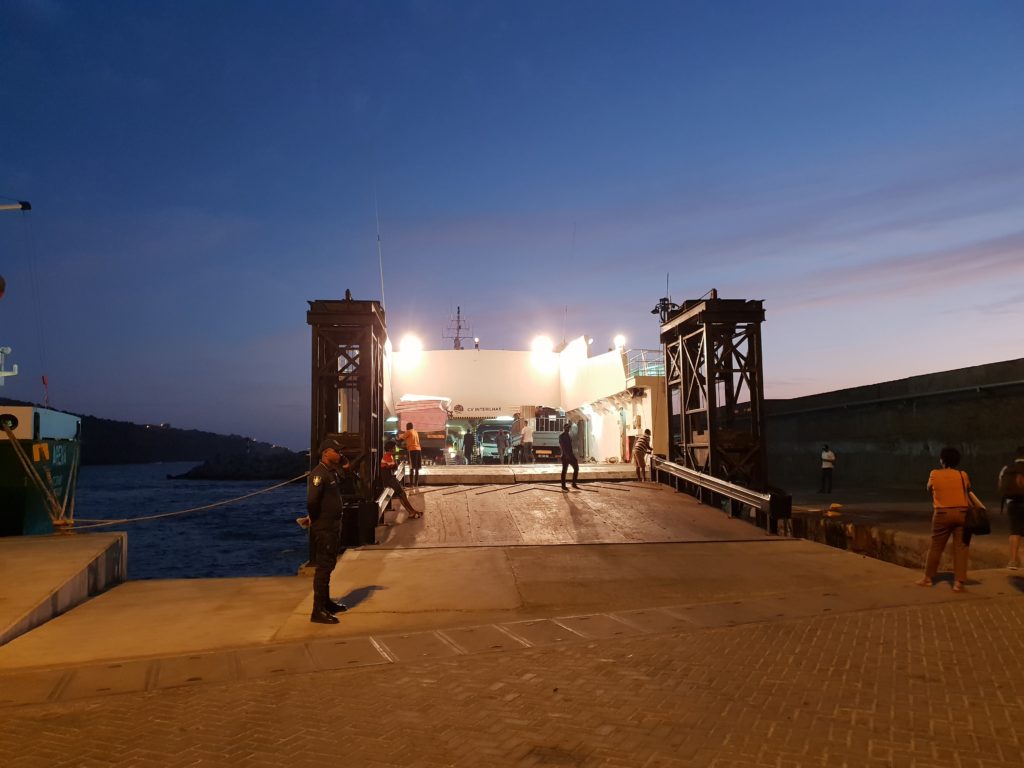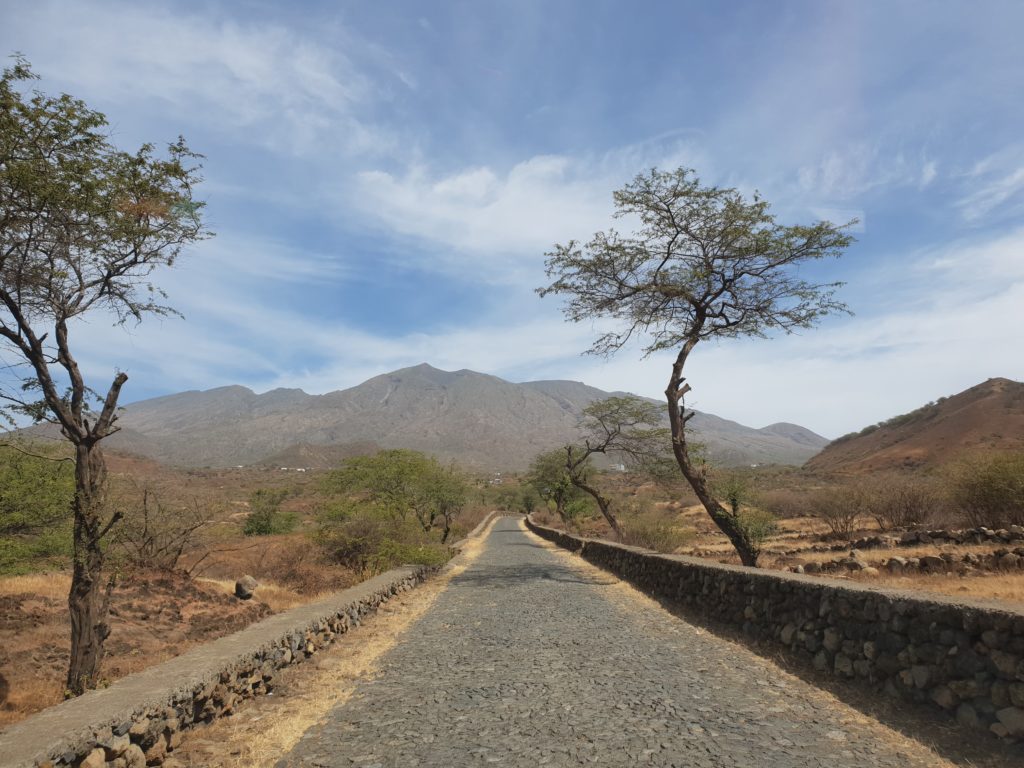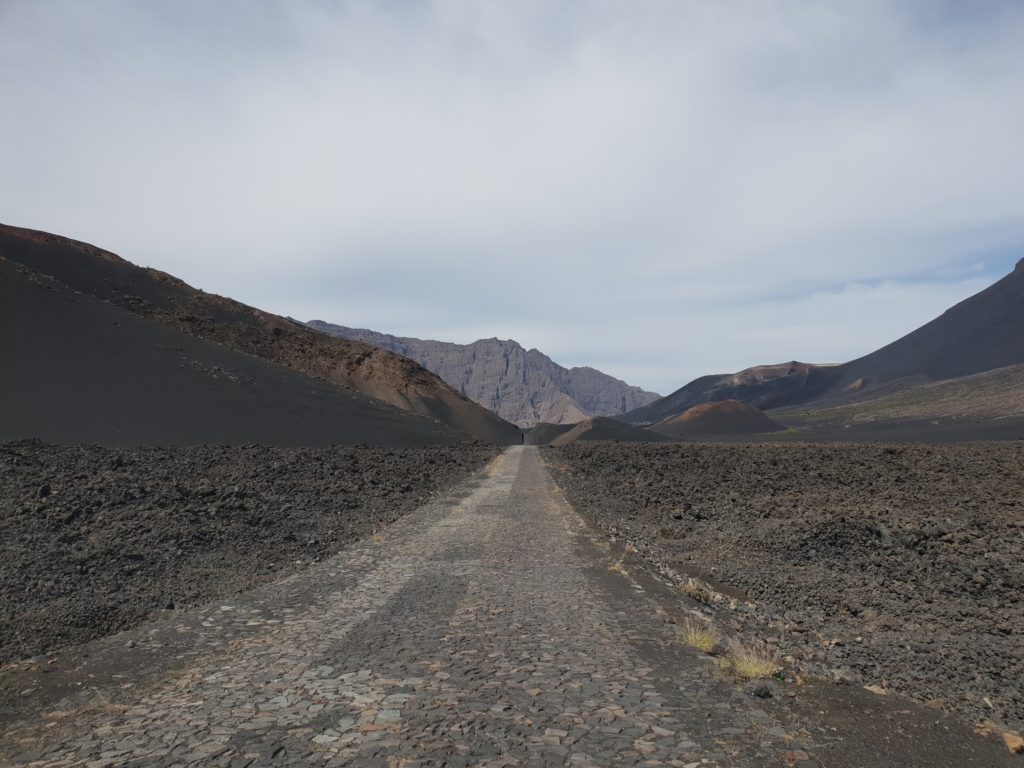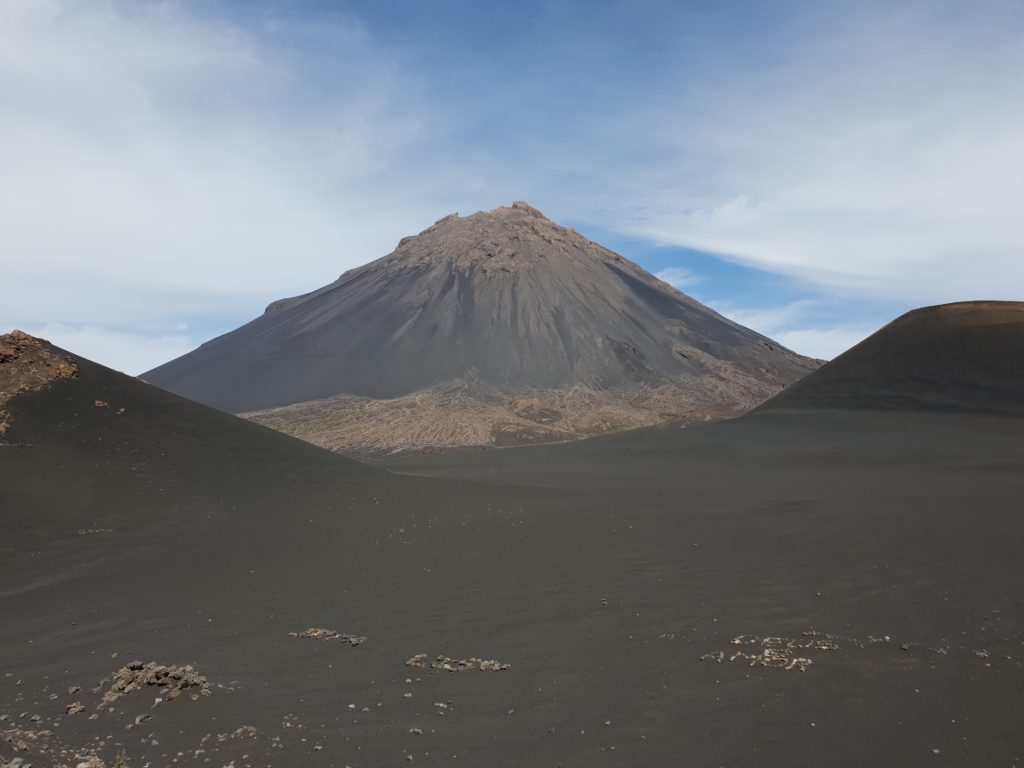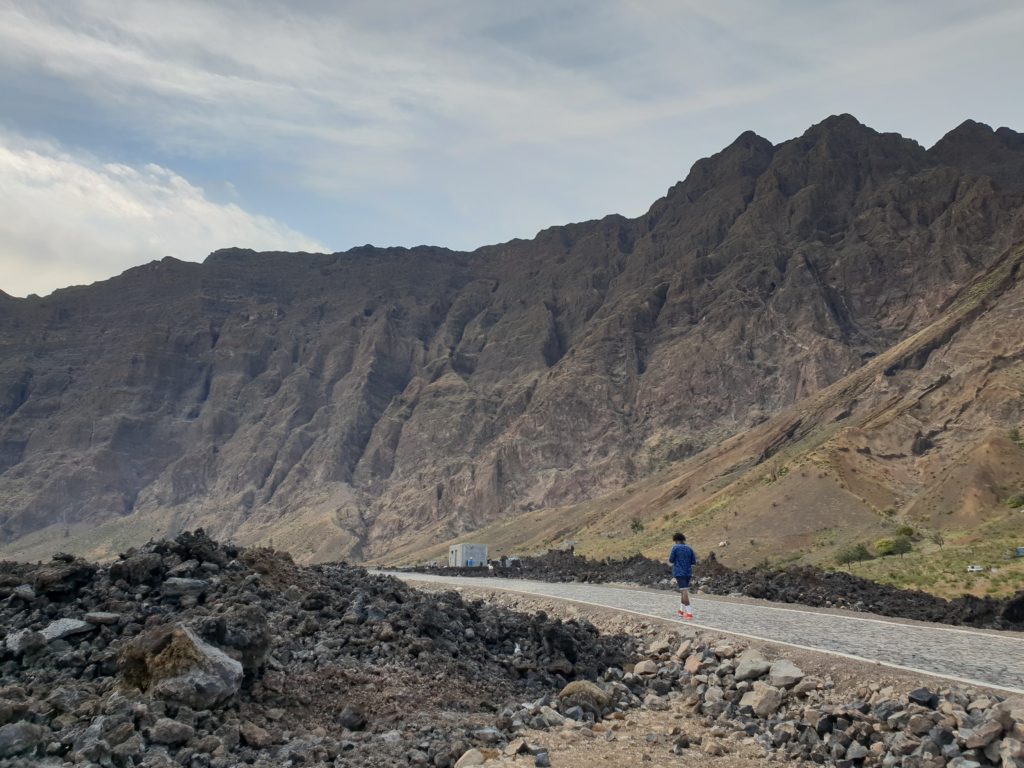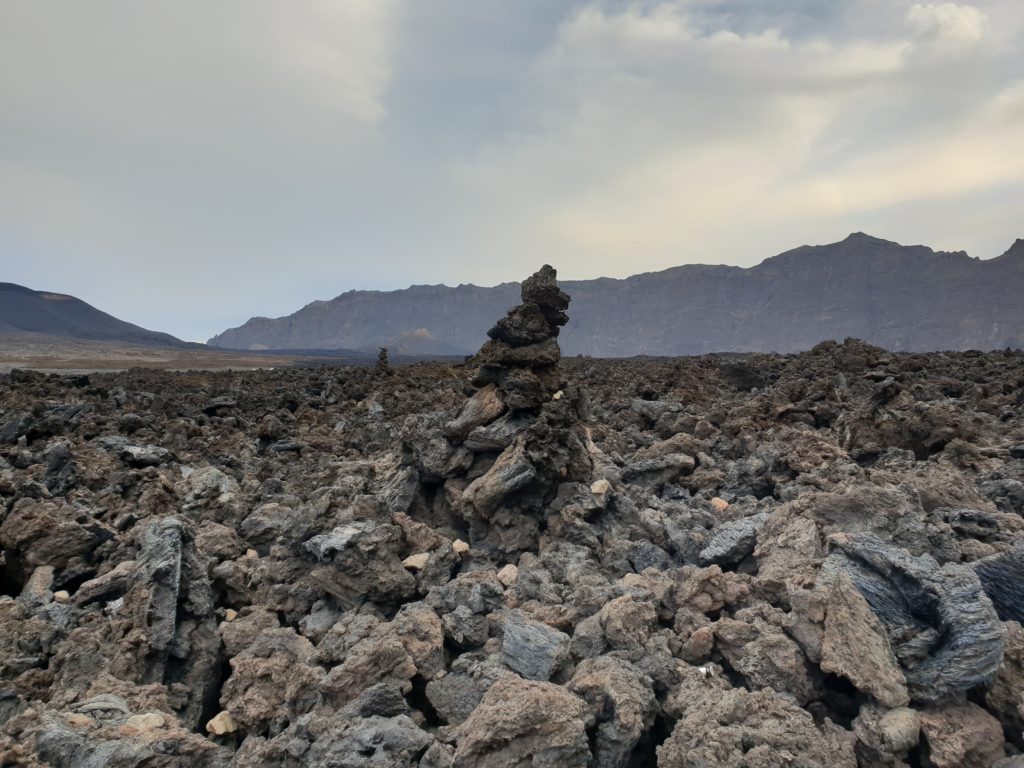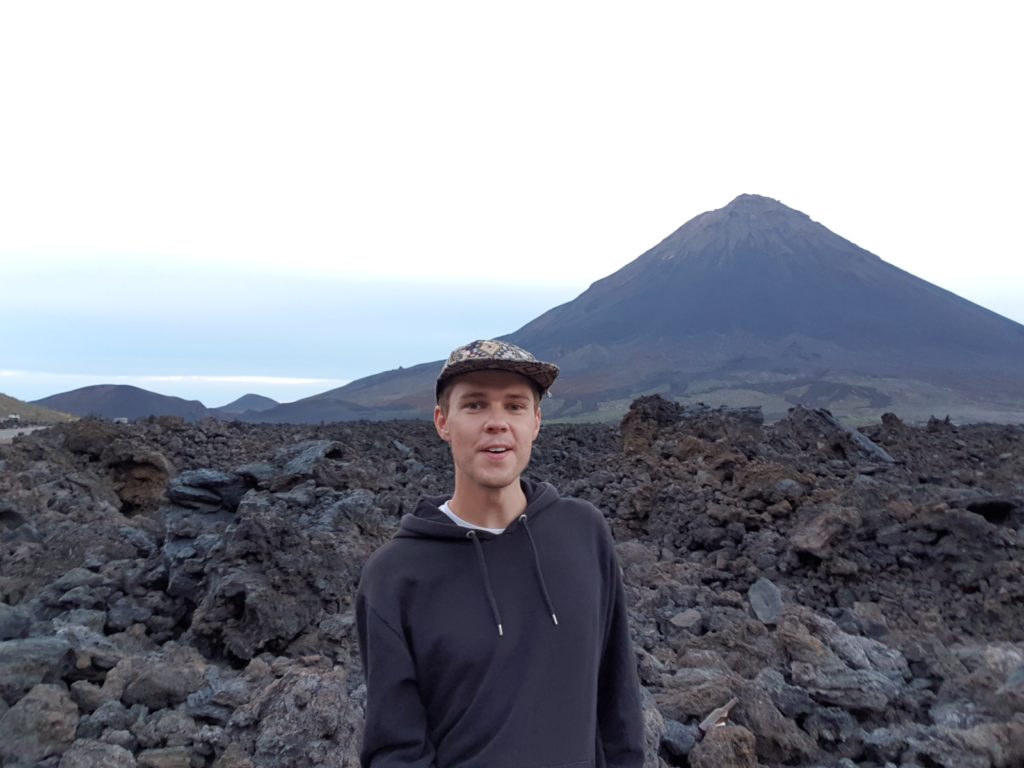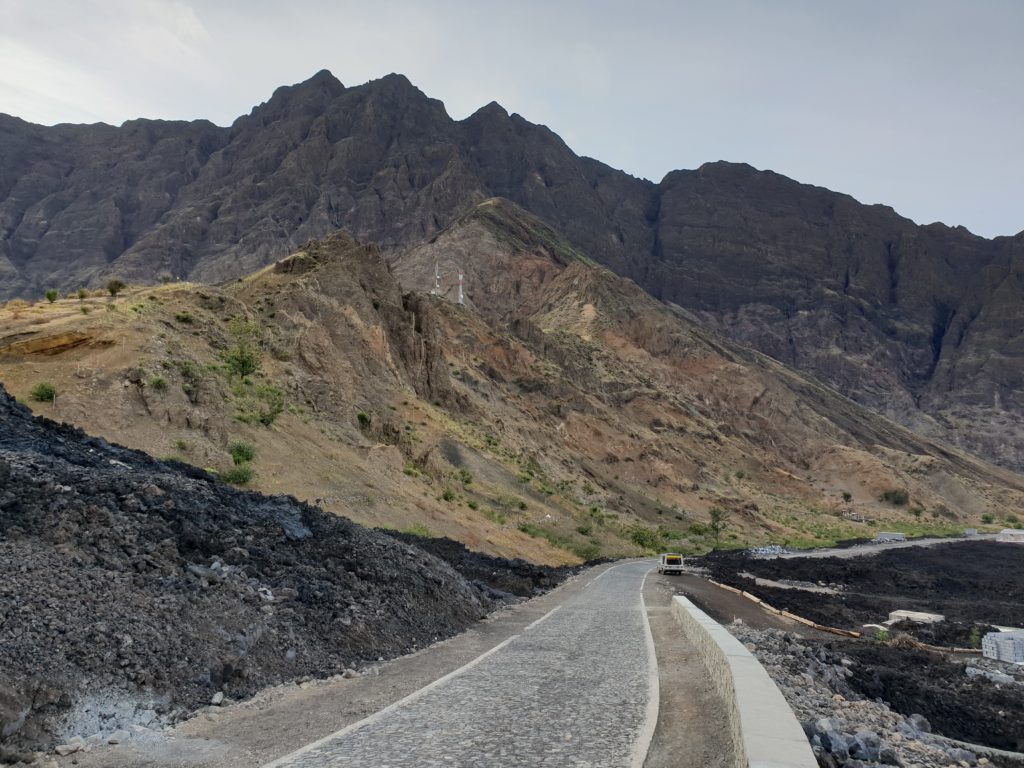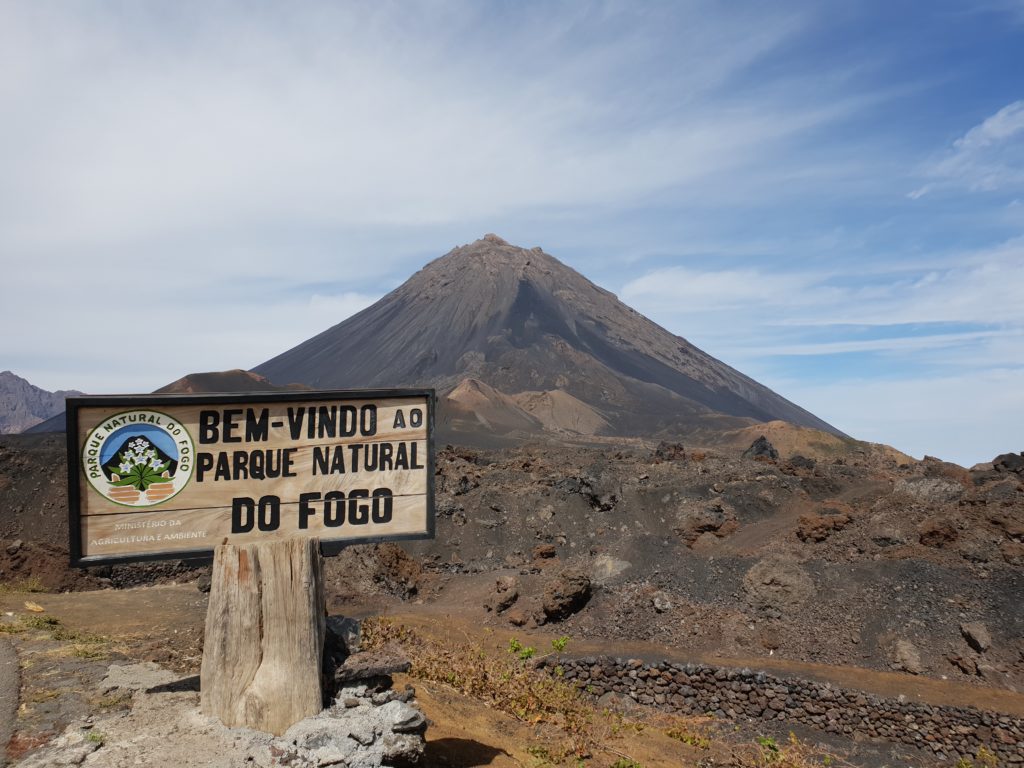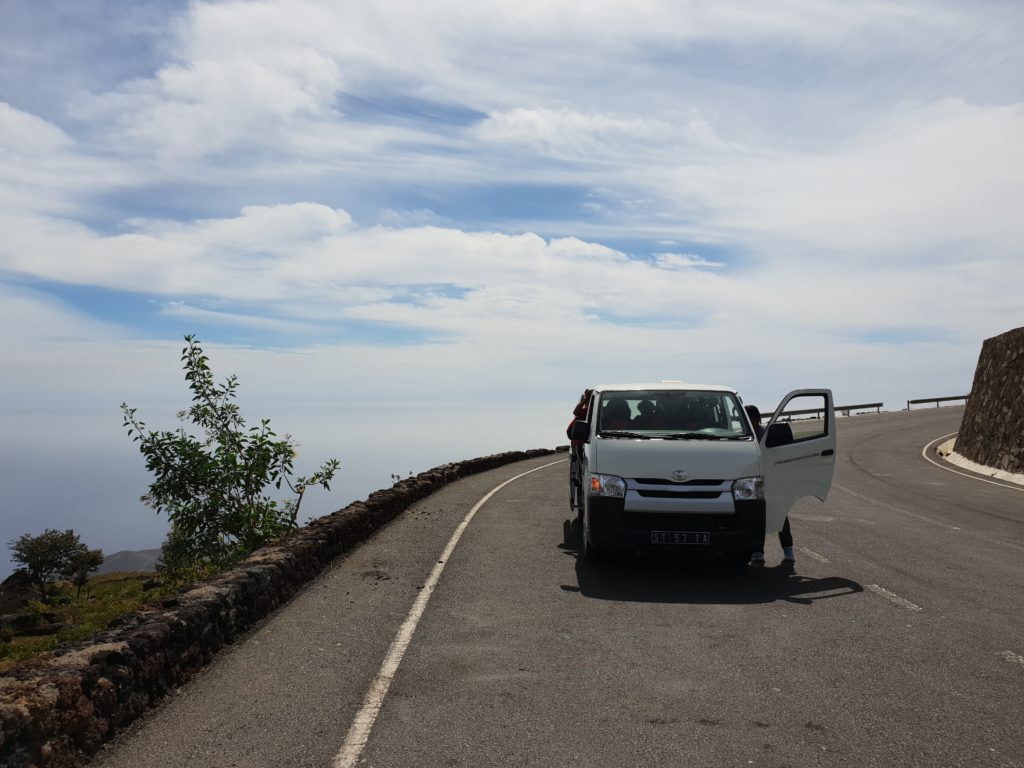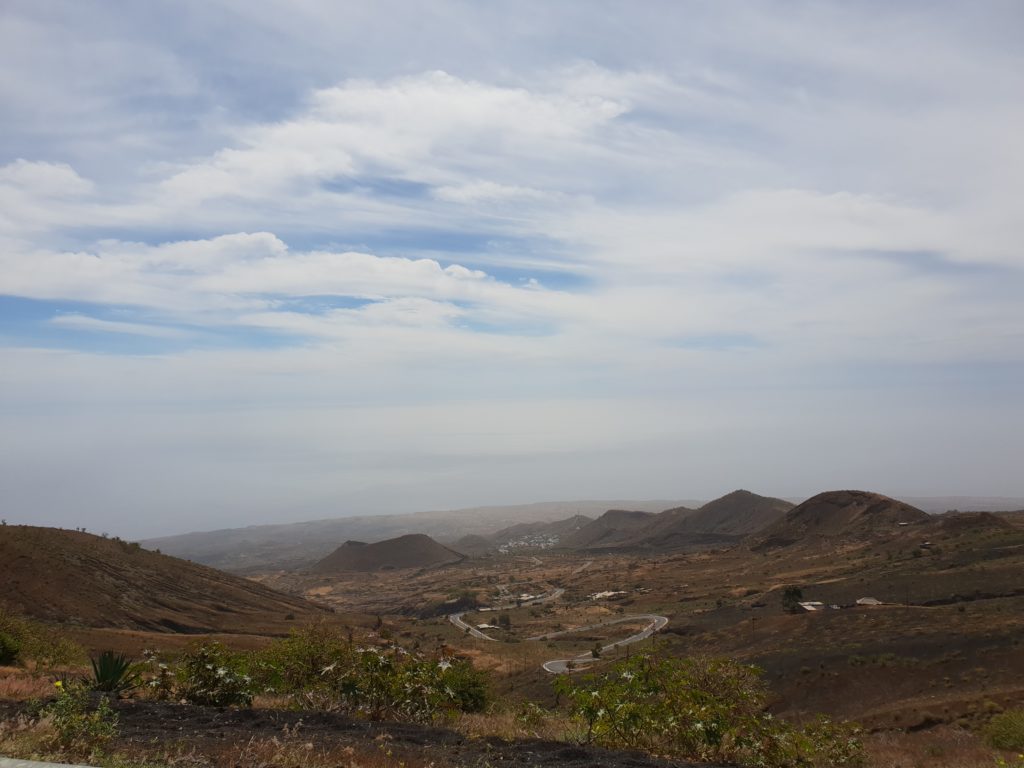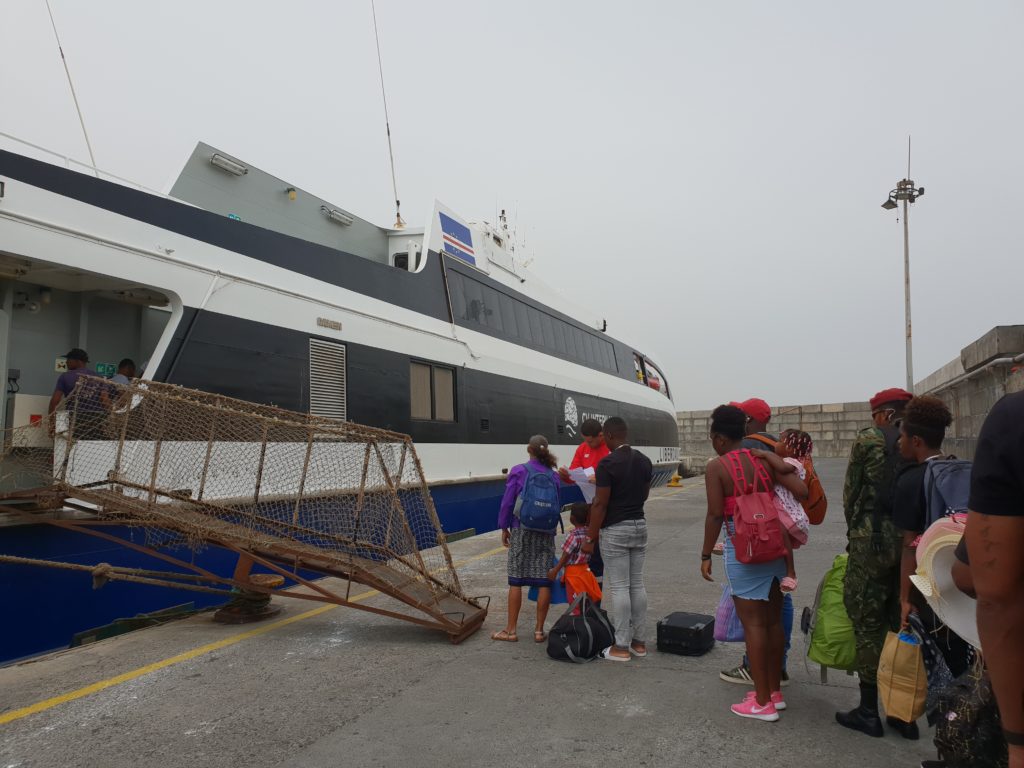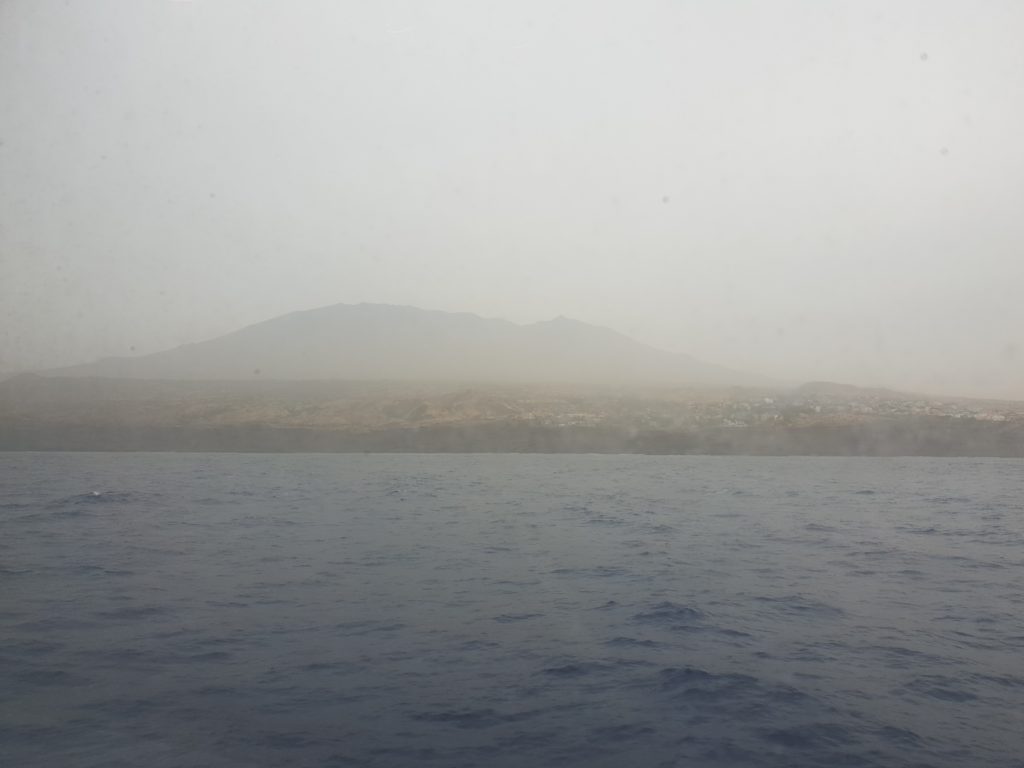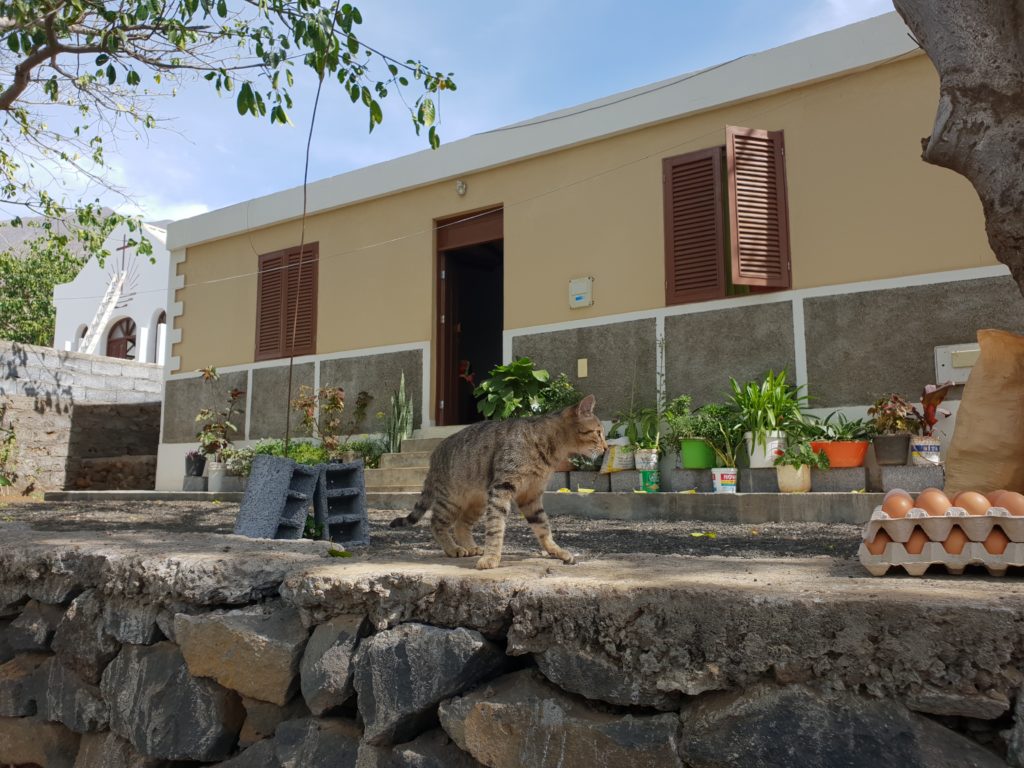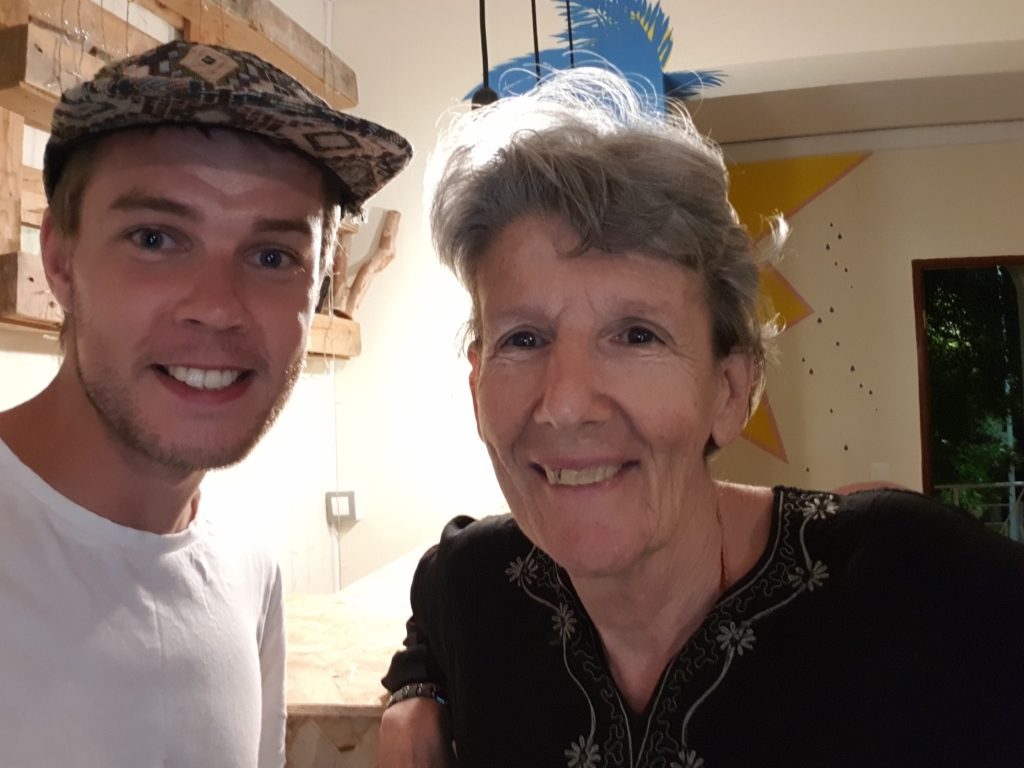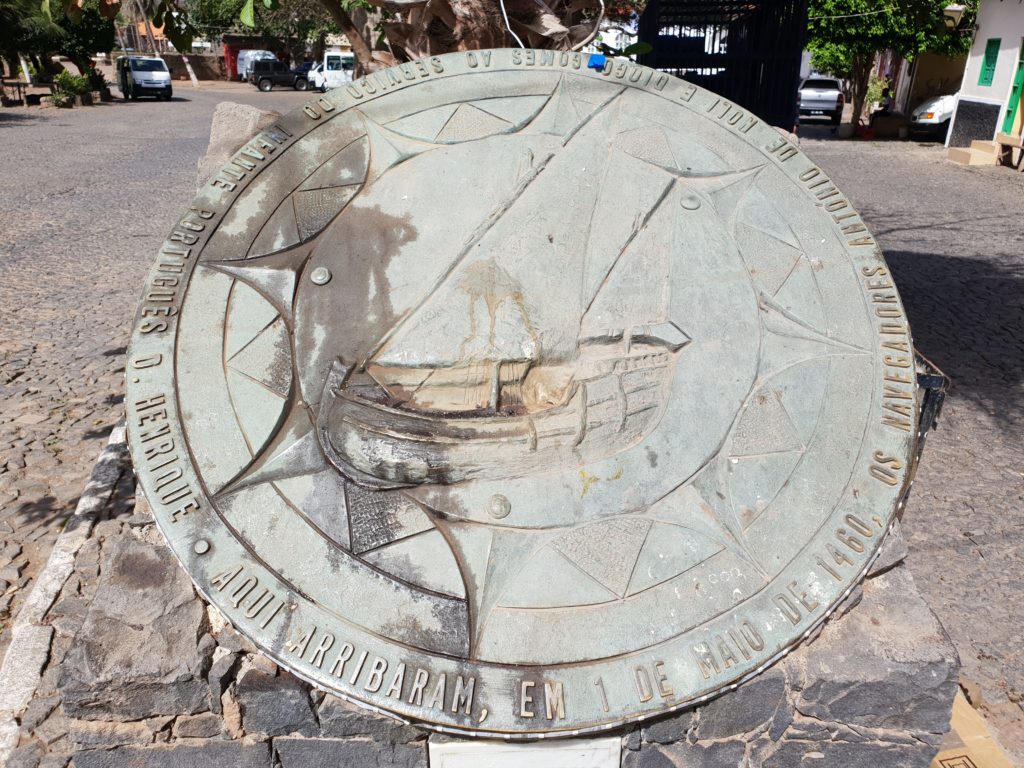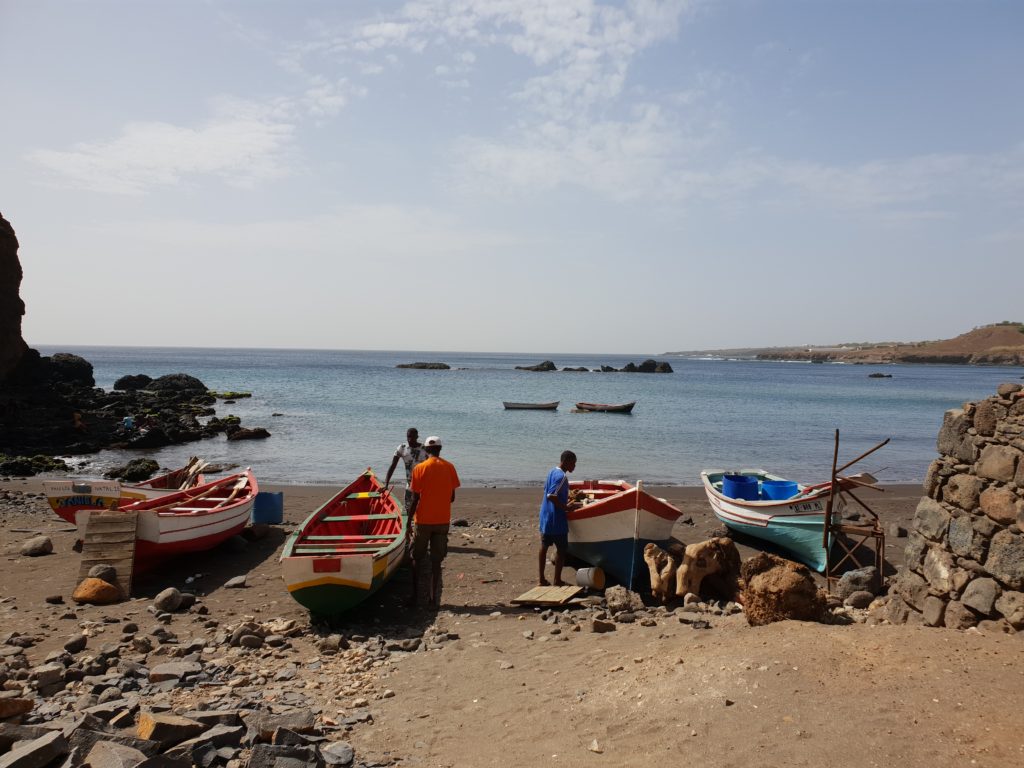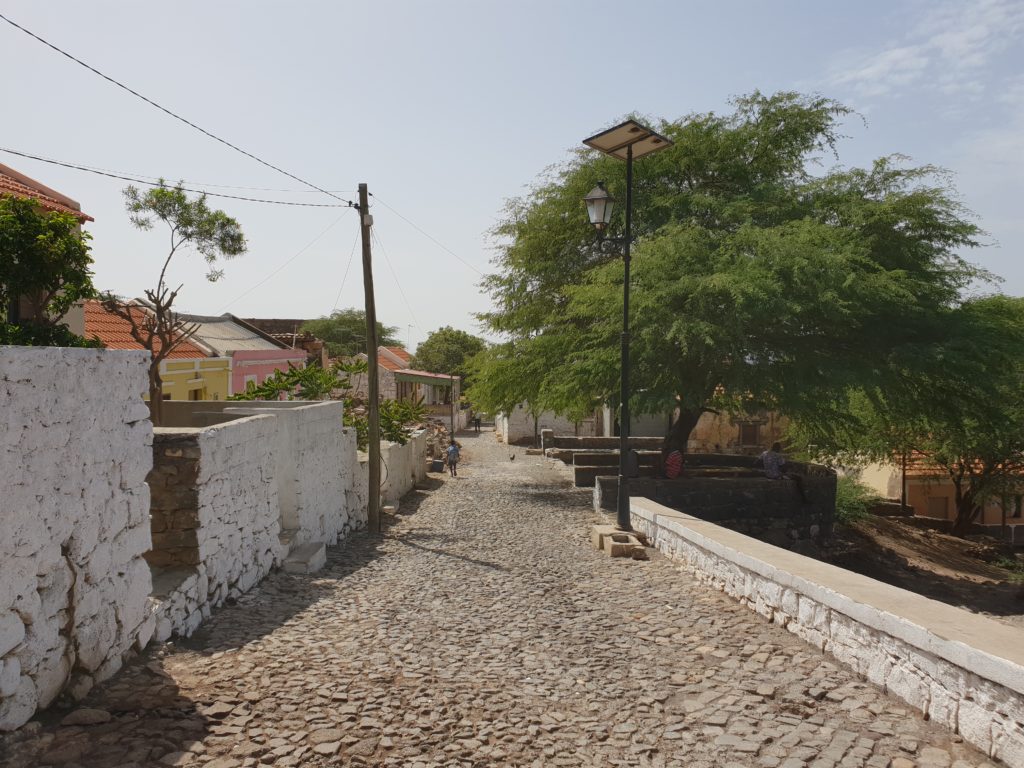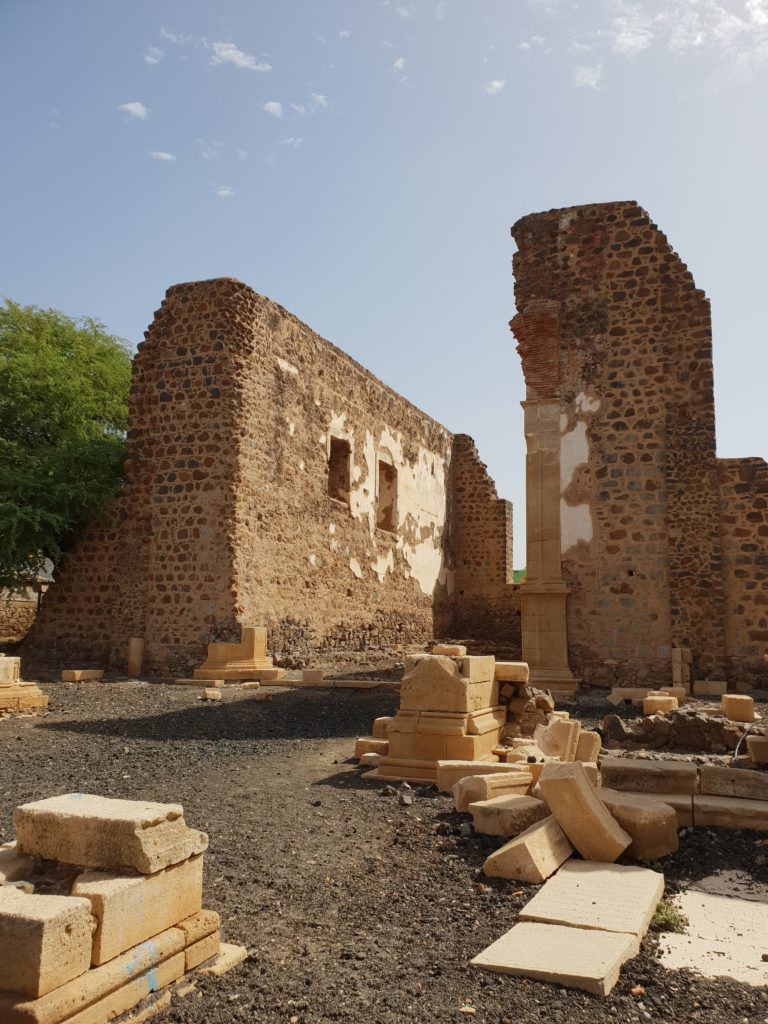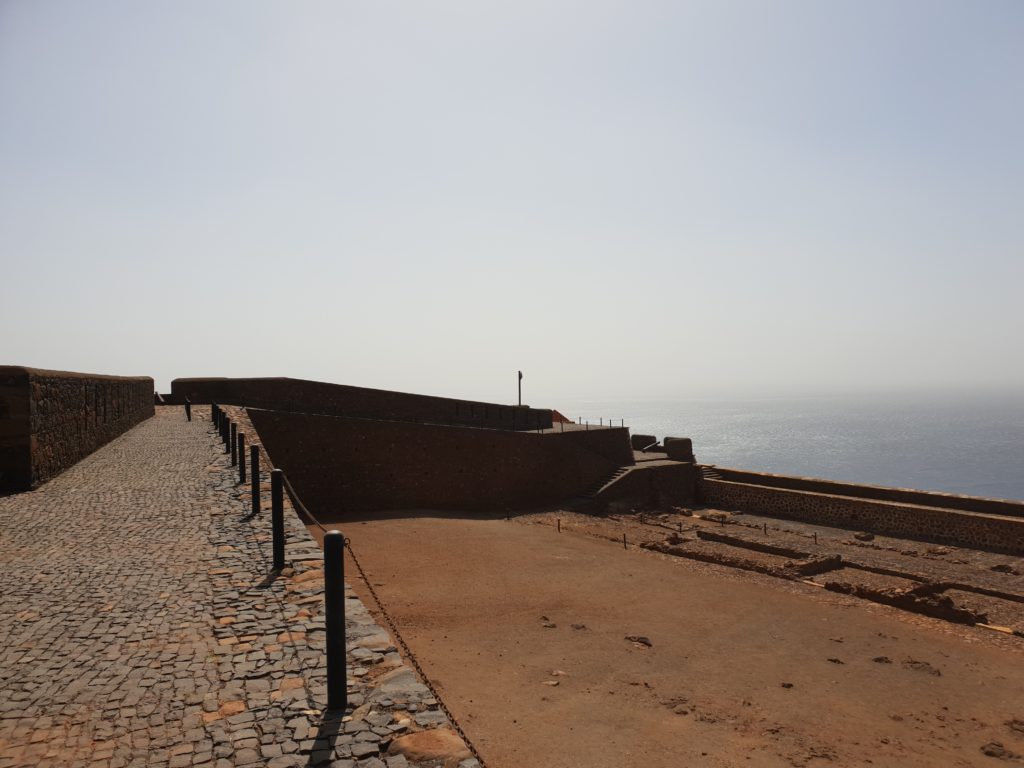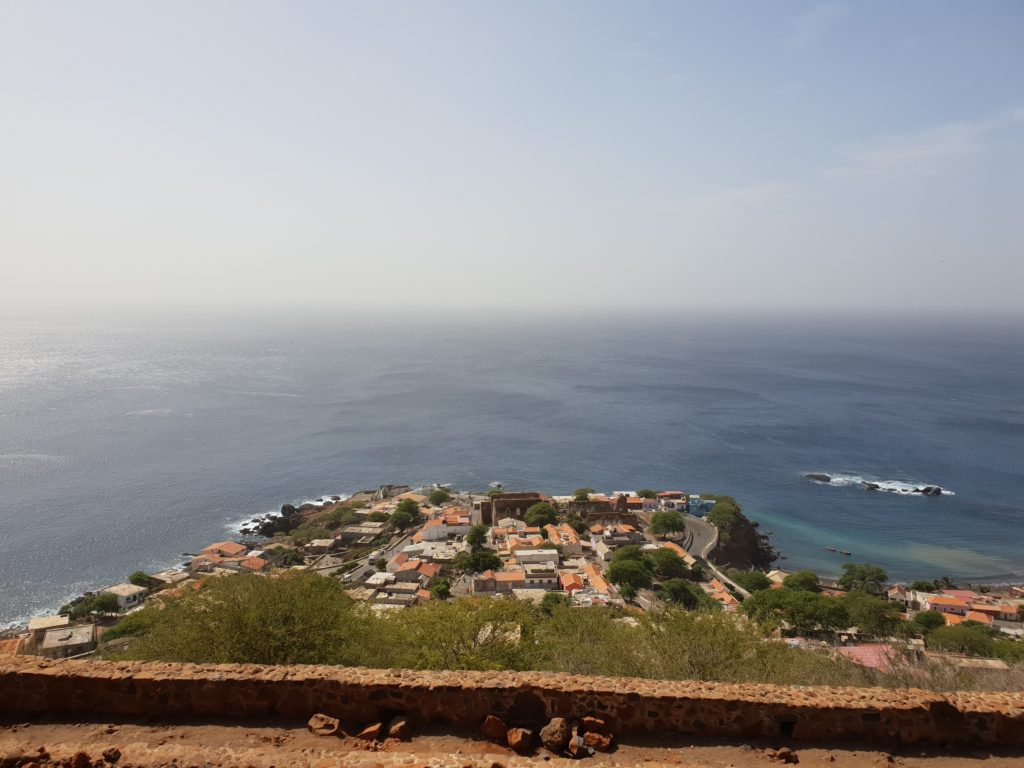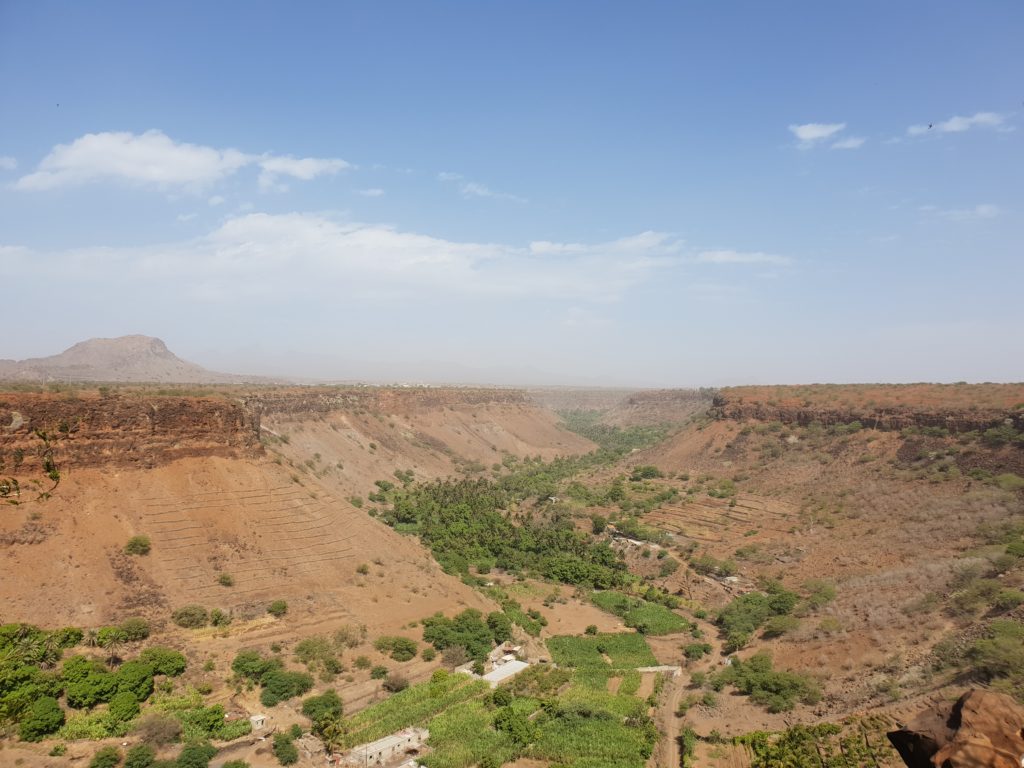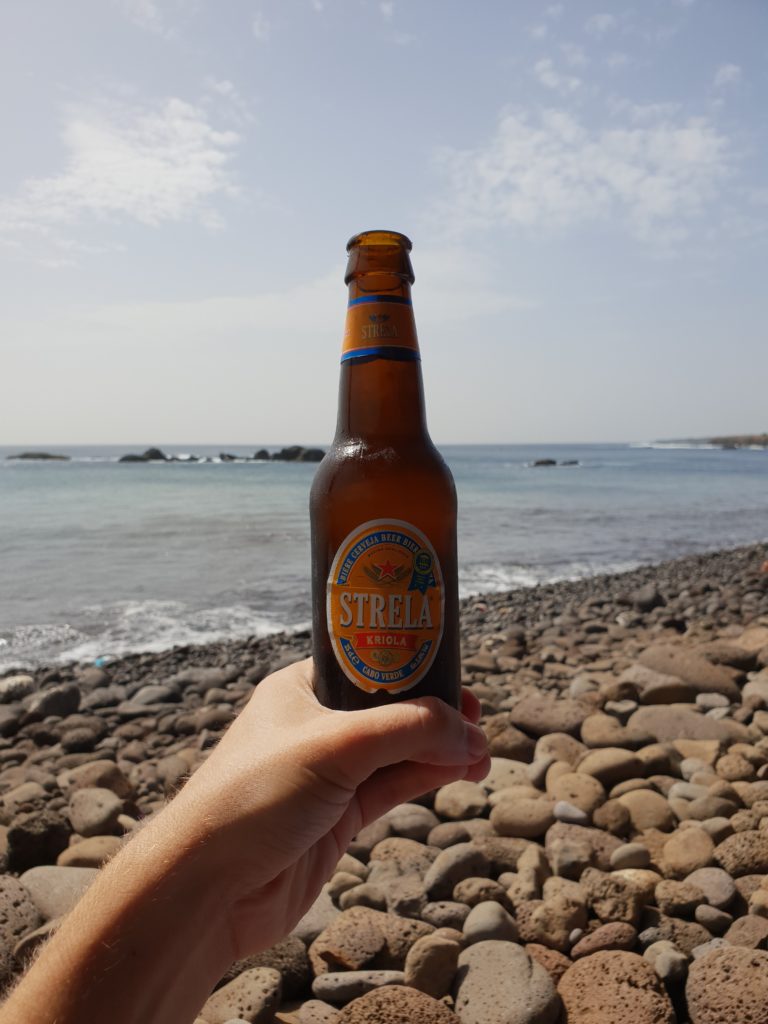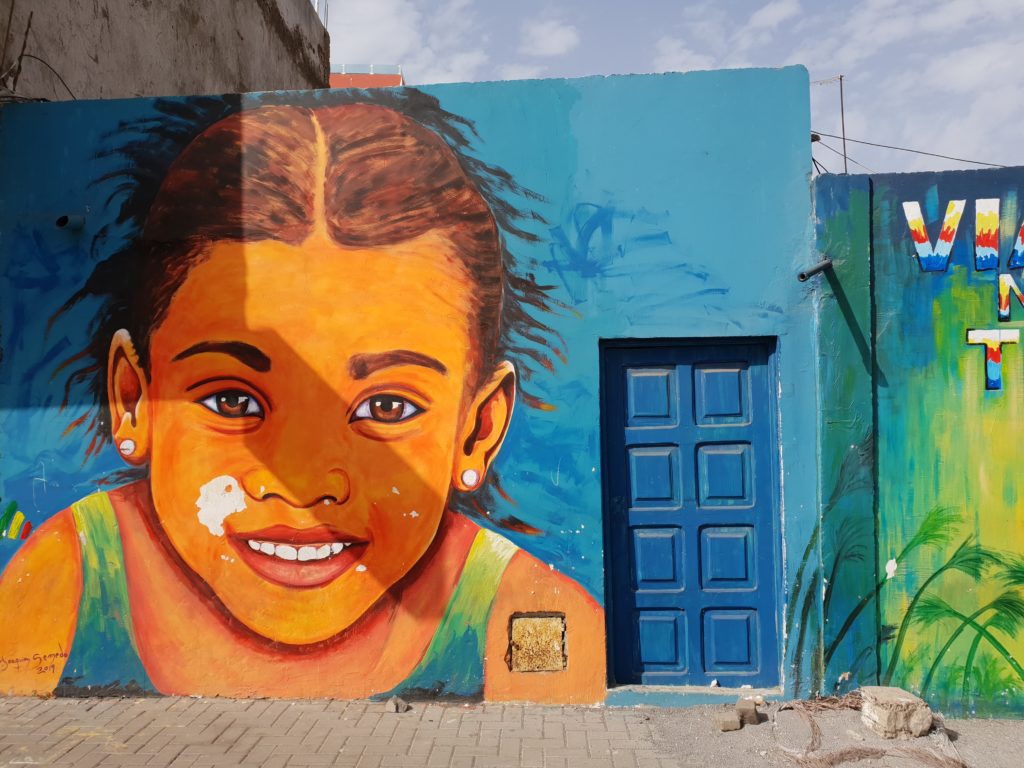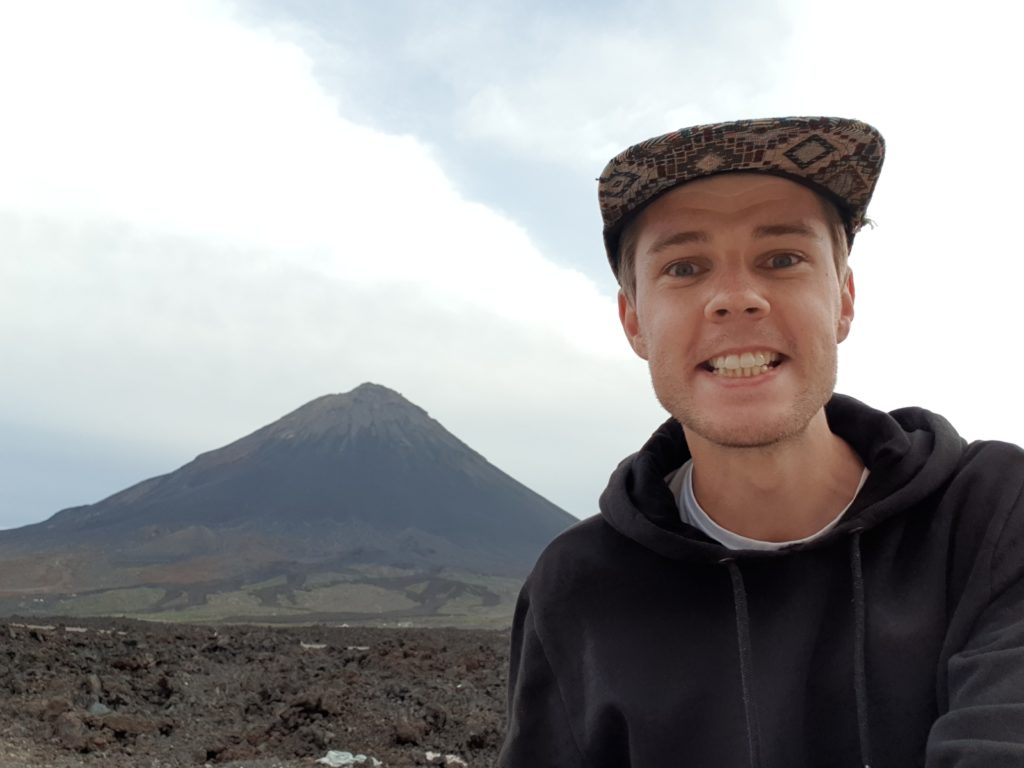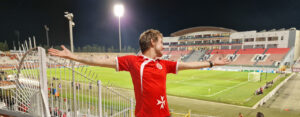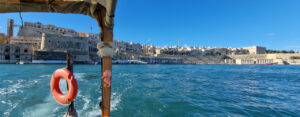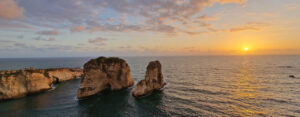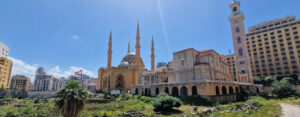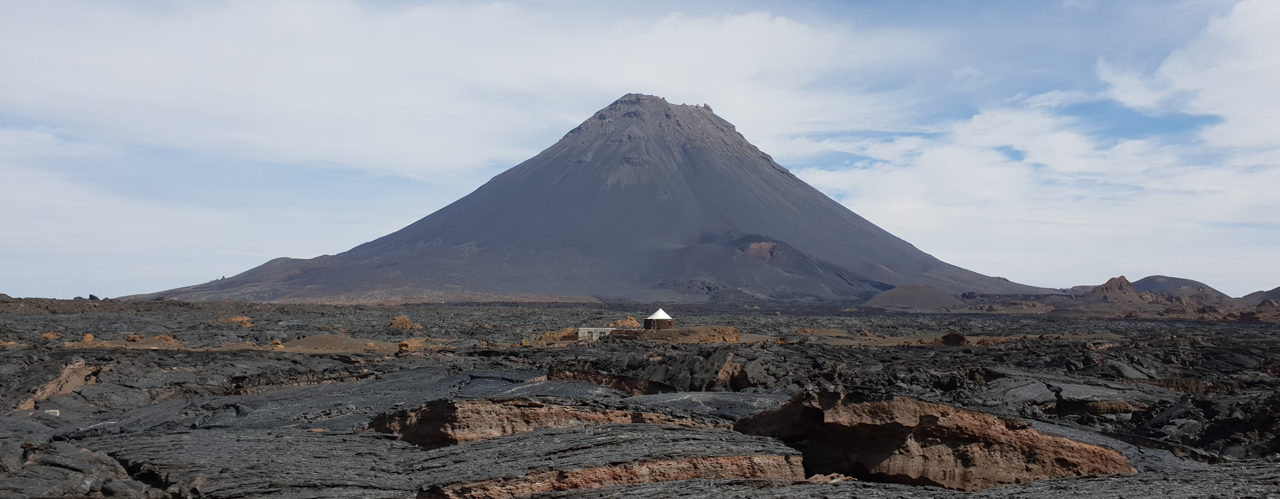
Cape Beer
Earlier this week, I was delayed in Dakar, after my plane from the mainland decided to take the week off. Now, in the final four days of my voyage, I must endure the most stomach-churning of ferry crossings one could possibly imagine; to some of West Africa’s remotest, and yet most active, isles.
Day 75 – Praia, Cabo Verde to Sao Filipe, Cabo Verde
You left me last in the quaint-but-muted Cabo Verdean capital of Praia; not a place that commands the attention of the heart, or indeed any of the senses, but a pleasant enough base from which to launch other intrepid quests from. I was staying at the quite fantastically named hostel of Praiadise (whoever came up with that deserves a raise, as well as a job writing the title puns for my posts). It is indeed a paradise, by far the most hostel-like hostel I have stayed in in Africa. However, my time there, much like a pre-prepared bag of mixed-leaf salad, was not to last as long as I had hoped. No sooner had I unpacked my fanny pack than I was back on the road, or more accurately: the waves.
I was booked aboard a ferry called the Liberdad, with my destination being the slightly smaller volcanic island of Fogo, some fifty kilometres westwards. Four hours on a boat did not seem like too much of an obstacle beforehand – roughly the same length of time it takes to get from Poole to Cherbourg across the Channel. Indeed, the simple fact that I was not flying filled me (and Greta) with a relief that made ocean travel appear even more alluring. Unfortunately, in hindsight, flying to Fogo on a private prop-plane with Piers Morgan would have been a far more comfortable, and quieter, journey.
Vomit; something I scarcely see, smell or indeed hear on a day to day basis has now, for me, forever become ubiquitous with Cabo Verdean seafaring. Everywhere I consigned my reluctant corneas, there was a human expelling some form of viscous bile into one of the copious brown paper bags that were supplied to us just before our departure (that should have been a warning sign). However, I could just about endure the horrifying sight (by sealing my eyes) and the putrid smell (by holding my nose) but one simply could not ignore the quite unmistakable sound of a retching class of schoolchildren. No matter how loud I played Pete Tong’s Ibiza Classics, it was impossible not to overhear the continual heaving undercurrent. I very much look forward to the return journey – said no human in history.
Day 76 – Sao Filipe, Cabo Verde to Chã das Caldeiras, Cabo Verde
As I arrived on the island of Fogo after dark, I was not aware of the quite astonishing landscape that encompasses its largest town of San Filipe (where I was holed up for the night). Just lift your head up come daybreak and it is quite impossible not to see the gargantuan, ill-omened remains of a super-volcano; which birthed the island many millions of years ago and has been shaping and twisting it ever since. Ill-omened though it may appear, it drew me in like fascists to the Brexit Party, and I simply could not turn down the opportunity of having a more intimate gawk. I was heading to the very heart of the island.
The road to the caldera was spectacular. Breath-clenching cliff drops, ethereal backdrops and fridge-sized igneous rocks lined the hair-pinned path to the crater’s edge; where, at last, you can behold the remarkable geological formation responsible for all this rugged splendour: Pico do Fogo. Although the portentous and menacing main cone last erupted all the way back in 1680, subsidiary vents continue to appear and discharge close by, causing untold damage to anything and everything in close proximity. Less than five years ago, one such vent spectacularly exploded, leading to seventy-seven days of volcanic activity; and resulting in the villages of Portela and Bangaeira being completely ensconced in molten rock. Despite losing everything, some of the locals have decided to return and start building a new village out of the ashes of the old: Chã das Caldeiras. And that’s exactly where I was staying.
I have never frequented a place quite like it. Lunar in appearance, and with a super-volcano casting its ghostly shadow over us all (indeed it was just outside my bedroom window), those attempting to rebuild upon the razor-sharp volcanic terrain must be some of the hardiest and most obstinate individuals this side of Yorkshire. Like trying to build a five-star hotel in Mordor, they face a quite staggering task. But they will not be defeated. The affable hostel owner informed me of his plans and dreams for the village in the years ahead. I do so hope that Mother Nature allows him to fulfil them.
Day 77 – Chã das Caldeiras, Cabo Verde to Praia, Cabo Verde
That astonishing Air Senegal blunder from a few days ago not only forced me to stay in the most depraved hotel in Western Africa, it also resulted in my not having enough time to climb to the summit of Pico do Fogo today. Now, I love a volcanic hike more than the next man (unless that next man is Irish and named Arthur), so I will be sure to mention this cataclysmic disappointment when attempting to claim monetary compensation upon my return to civilization.
Instead of hiking to the zenith of a magnificent stratovolcano, I had a solo date aboard the vomit express. The return journey, much like the first crossing, was like a scene from a cheap horror movie, but I will save you the unpleasant details this time around. Upon my homecoming to Praiadise – as I climbed that vaunted staircase to the reception desk – who would I bump into on the top step but an old and most welcomed acquaintance.
Anne, whom I first met in Dakar almost three months ago, was also staying in Praia (West Africa is a small place if you’re foreign). A retired English teacher from Brussels, Anne could very well be the most knowledgeable and inspiring individual I have ever met on my travels; certainly, on this trip. Her modus operandi involves absorbing everything there is to learn about a country, from its culture to politics to religion to cuisine, and penning it down in her bulging blue notepad.
She lives and breathes each country, splitting her time between exploring the hidden corners of towns and cities and the library; before returning to a humble hostel (never a hotel) and preparing a basic, but healthy, meal usually involving a baguette, salad, and some form of local spread. Her plan is to reside and study in every nation in Africa which, in her words, may take five years or the rest of her life, but time is of no importance. She is doing what she loves and has certainly proved that age, gender and societal norms are no barriers to African backpacking. A possible blueprint for later in my own life.
Day 78 – Praia, Cabo Verde
Well here we are, my final day in Africa (for now) and one last opportunity to explore the rugged island upon where I was based. The town of Cidade Velha, about twenty kilometres west of Praia, was the very first European colonial settlement in the tropics (founded in 1462); which felt like a symbolically apt location to end my journey. The establishment of this port settlement signalled the start of Portuguese, British, French, German, Belgian, Spanish and Italian rule on the African continent; carving it up, pillaging its resources (both human and environmental) and leaving vacuums of power in their wake. Oh, how much better off they would have been if the likes of Vasco da Gama, Columbus, Magellan, Drake and Cassard had turned their ships around – who all, rather remarkably, had moored at Cidade Velha at some point in history.
I digress. The town itself is about as picturesque as any I have witnessed, with narrow, stone-cobbled streets, flamboyantly painted walls and historic structures dating back to the sixteenth and seventeenth centuries; including the oldest colonial church in the world (still under renovation) and a remarkable royal fortress. A short but exposed, and therefore clammy, hike to the clifftop citadel permits some dramatic views of the gorge it rests on the brink of, and of the historic bay on the opposite flank. Forte Real de São Filipe, a UNESCO World Heritage site, was built as a direct result of Francis Drake’s raid and pillage of the island in 1585; which involved the looting of anything of value, the burning of every town and village, and even the mutilation of the locals. What a wonderful man he was – we really should knight him.
Following one last chilled Strela on the shores of the tempestuous Atlantic, it was back to the capital, where I had no choice but to watch the results of the UK General Election with Anne (politics being her main vice). We both started viewing with a morbid fascination, which quickly turned to despair and eventually resulted in my wishing that I had thrown myself from the ramparts of the aforementioned fort. Nevertheless, I had to pack my bags and prepare for a midnight flight back to Europe, leaving the volcanic coastlines of Cabo Verde far behind me.
And just like that, my journey has come to an end. It is an ending tinged with sadness as, in my heart of hearts, I know that it will be quite sometime before the urge to return to West Africa flourishes from within me once more. Whilst I have relished the challenge of crossing some of the world’s least backpacked routes, it is not the sort of challenge one attempts every other Tuesday.
If I could sum up my expedition in just one solitary word, it would be potential. West African nations have the potential to be leaders in eco-tourism and wildlife conservation. The potential to utilise their copious natural resources to raise the living standards of the poorest half. The potential to hold democratic and free elections, holding the corruptible to book and overthrowing the tyrants. If the region can come together and solve these major hindrances, then absolutely anything would be possible. Western Africa is bound to undergo a hell of change over the next twenty years or so, of that, there is no doubt; and I hope, and believe, it will be for the better.
Well, that’s it from me. Merci beaucoup l’Afrique. Until next time…
J
